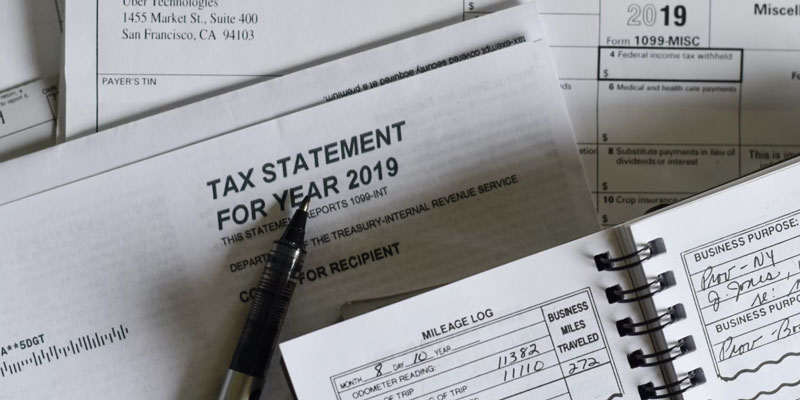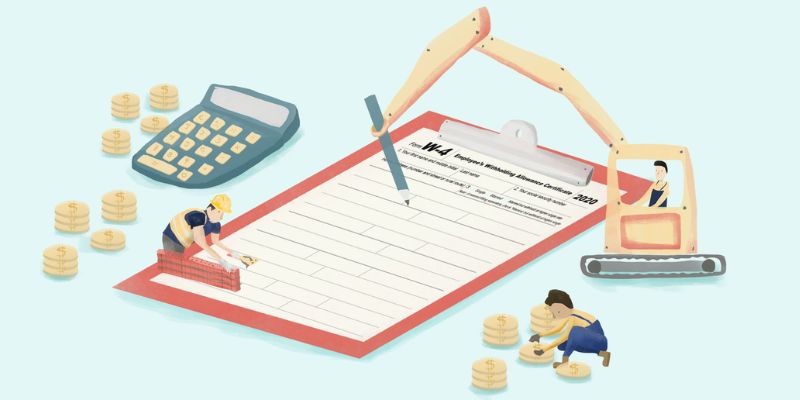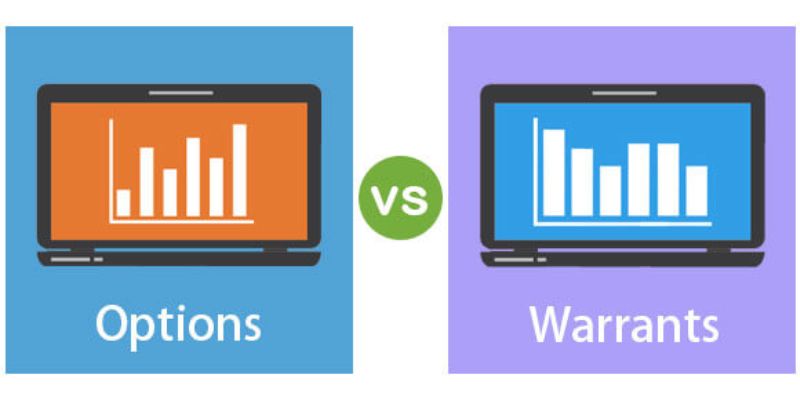Would you like to learn more about investment banking and the different trading desks in the world of finance? Whether you're a corporate trader or just starting to build your career in banking, understanding how an investment bank works are vital. Today we'll discuss what each desk does and tips for becoming part of a successful team. From M&A and derivatives to equity capital markets and commodities, this comprehensive guide will help you become familiar with every aspect of modern-day financial Trading. So hang on tight as we take you through all the nuances of the various trading desks at an investment bank.

What are the different types of trading desks in an investment bank, and what do they do?
Equity Trading Desks: Equity trading desks are responsible for trading stocks, bonds, and other equity products. They analyze stock movements and ensure that an investment bank's clients receive the most cost-effective deals. This desk also executes trades on behalf of its clients in the stock market and monitors changes in prices over time.
Fixed Income Trading Desks: This desk deals in debt-based products such as bonds and notes. Fixed-income traders analyze interest rates, evaluate bond yields, and manage client investments.
Derivatives Trading Desks: Derivative trading desks are involved in the buying and selling derivative instruments such as futures, options, and swaps. These complex financial instruments enable investors to speculate on the price movements of assets without owning them.
Commodities Trading Desks: Commodities trading desks specialize in buying and selling physical commodities such as oil, gold, and silver. They also help clients hedge their exposure to risk by entering into contracts based on the future price of the commodity.
Foreign Exchange Trading Desks: This desk deals in the buying and selling currencies between two or more countries. Traders on this desk keep track of changes in exchange rates and advise their clients on when to buy or sell a particular currency.
How do the sales and trading desk work together to create profits for the bank and its clients?
The sales and trading desk work together to create profitable trades for the bank's clients. First, the sales team generates leads and closes deals with potential clients. They provide market intelligence and help to identify new opportunities in the market.
Once a client expresses interest in an investment product, the traders on this desk take over. They analyze the risk and potential returns of any given investment and execute trades on behalf of their clients quickly and efficiently. This ensures that both the bank and its clients benefit from profitable trades. The traders also monitor price changes to identify possible trends or opportunities for profit.
Overall, an investment bank's sales and trading desks are crucial in creating profits for everyone involved. They work together to ensure that both the bank and its clients benefit from profitable investments. The sales team generates leads, while the trading desk executes trades on behalf of their clients quickly and efficiently.
What are some daily challenges traders face, and how do they overcome them?"
Traders face a variety of challenges daily. They must keep up with changing market conditions, adjust strategies quickly to take advantage of opportunities, and manage risk to make the best possible trades.
One of the biggest challenges traders faces is managing their emotions while Trading. Trading can be stressful, and traders must remain calm and rational to make the best decisions. They must also be able to think quickly and adapt their strategies as market conditions change.
Another challenge is being able to identify profitable trades accurately. Traders must have an in-depth understanding of financial markets and be aware of upcoming news or events that could affect prices. They must also be able to spot emerging trends and take advantage of them.
Traders can overcome these challenges by staying up to date on market news and events, developing a trading strategy that suits their risk profile, and using analytical tools such as technical analysis to identify profitable trades. They should also ensure that they are using the most appropriate trading platform and practice risk management techniques to ensure that they are protecting their investments.
By understanding the market, staying up to date on news and events, and implementing a well-thought-out trading strategy, traders can overcome the daily challenges they face. This will help them make more profitable trades and ultimately increase profits for themselves and their clients.

What are some of the ethical considerations that traders need to be aware of when trading?
Traders must be aware of various ethical considerations when trading to avoid potential conflicts of interest. They should always put their client's interests first and ensure that all trades are fair and transparent.
Traders must also pay close attention to insider trading regulations and avoid engaging in trades that could be seen as illegal or unethical. They should also ensure that they properly disclose all trading information to their clients, such as commissions, fees, and potential risks.
Finally, traders should always be honest when engaging in trades. They should never distort or conceal any Trading-related information and must provide accurate representations of their actions. This will ensure that they are not engaging in any unethical trading practices.
By understanding and adhering to these ethical considerations, traders can ensure that all their trading activities are conducted legally and ethically. This will help protect its reputation and ensure that all trades are fair for the bank and its clients.
FAQs
How do trading desks make money?
Trading desks make money by executing trades on behalf of their clients quickly and efficiently. They generate revenue through commissions and fees charged to the client for executing a trade. They also make money from capital gains when they buy or sell securities at a higher price than what they paid. Trading desks use analytical tools and market knowledge to identify profitable trading opportunities and use them to generate profits. By executing trades quickly and efficiently, trading desks can ensure that their clients get the best possible prices for the securities they are trading in, thus generating a good return on investment.
What is the difference between a buy-side and a sell-side investment bank?
The main difference between a buy-side and sell-side investment bank is their role in the financial markets. Buy-side investment banks focus on buying securities for their clients, while sell-side investment banks concentrate on selling securities to other institutions or investors. Buy-side banks provide research and advice to help clients make informed decisions, while sell-side banks provide market research, pricing information, and other services to help them identify profitable trading opportunities. Both buy-side and sell-side investment banks must manage risks to ensure a successful trading strategy.
What is the role of a trader at a trading desk?
A trader's primary responsibility at a trading desk is to execute trades on behalf of their clients. In addition to making trades, traders must monitor the markets, analyze data, and look for potential trading opportunities. Traders must be well-versed in market conditions and have strong analytical skills to make profitable decisions for themselves and their clients. They also need to understand the risks associated with Trading and be aware of potential conflicts of interest. By staying abreast of the markets and making sound decisions, traders can help their clients generate a good return on investment.
Conclusion
To conclude, Investment banking is a large sector with various pillars. The trading desks within investment banks have vast liquidity, investors, customers, services, and products they offer. From equities and foreign exchange to capital markets and government bonds – these trading desks enable banks to leverage their assets and position them in the right capital markets. As the trading sector evolves alongside the global economy, bankers must be educated in all the different trading desks to be prepared for whatever turns come their way.
Recognizing the importance of this aspect of investment banking can go a long way toward helping financial experts find success in this exciting space. Now that you know more about The Different Trading Desks of an Investment Bank, it's time to take action – get started today by researching how your firm's offering stacks up to others in the market.




